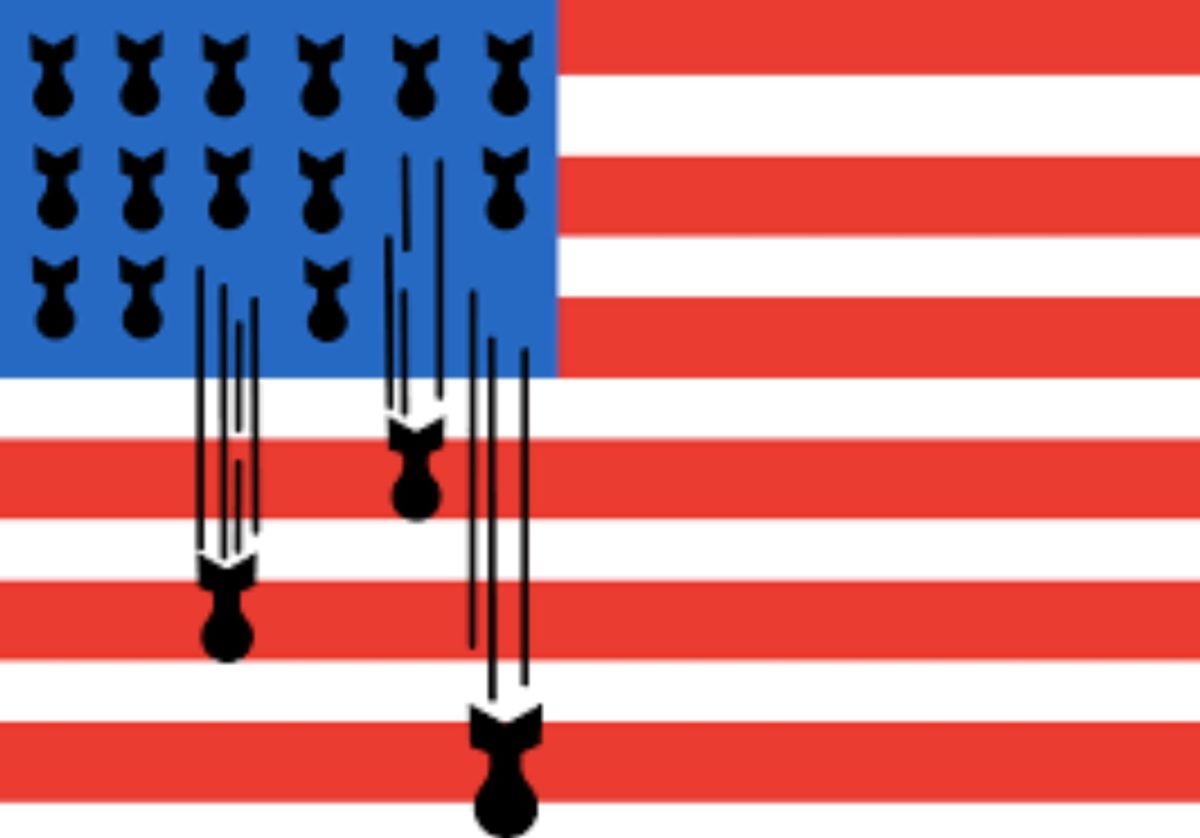
There was a postwar order, but was it liberal? Like most political orders, it looked much better on paper than it did in practice and to the core members of the order than those on the margins…
Liberal values were only remotely attached to the postwar institutions. Sovereign equality did not translate into a liberal world order. The postwar institutions were run by the most powerful countries, with middle and lesser powers either shunted to the back of the room or locked out altogether…Third World now comprised most of the world’s states, but it was on the outside looking in. Western states enjoyed democracy and the rule of law, but the U.S. and the former colonial masters undermined rather than supported democracy and human rights elsewhere. Some Western states and analysts presumed that the global order must have some legitimacy because there were no great (or at least successful) revolts by the Third World, but they mistook coercion and the lack of alternative for consent…
The suggestion, then, is that if the international order is having greater difficulty creating rule-based governance, it might have less to do with the weakening of liberalism and more to do with the fact that the rules that have been in place for decades were overdue for an overhaul, and especially given a shift in power from the West to the East.
– From Michael N. Barnett’s piece: The End of a Liberal International Order That Never Existed
A primary focus of my writing of late centers around the idea that the policies of the Trump administration, and the neocons in control of it, will hasten the decline of U.S. imperial power and more rapidly usher in a multi-polar (and possibly bifurcated) world. Today’s news regarding the elimination of waivers on Iranian oil imports provides another perfect example.
Specifically, Secretary of State Mike Pompeo announced earlier today that waivers which allowed eight countries to import Iranian crude oil without being subject to U.S. sanctions would expire on May 2 without extension. The eight countries included are China, India, Turkey, South Korea, Japan, Greece, Italy and Taiwan.
This move is an extraordinarily foolish and reckless act which illustrates the extreme hubris and short-sightedness of those running American foreign policy under Trump. What the U.S. is decreeing to the entire world with this action is that the U.S., and the U.S. alone, decides who gets to trade with who. The U.S. is telling China, the second largest economy in the world and home to over one billion people, that it lacks the sovereign authority to buy oil from Iran if it so desires. If the U.S. can unilaterally play boss on the trade decisions of foreign countries, national sovereignty does not exist in practice anywhere on the planet. There is only empire.
Donate bitcoins: 35DBUbbAQHTqbDaAc5mAaN6BqwA2AxuE7G
Follow me on Twitter.



